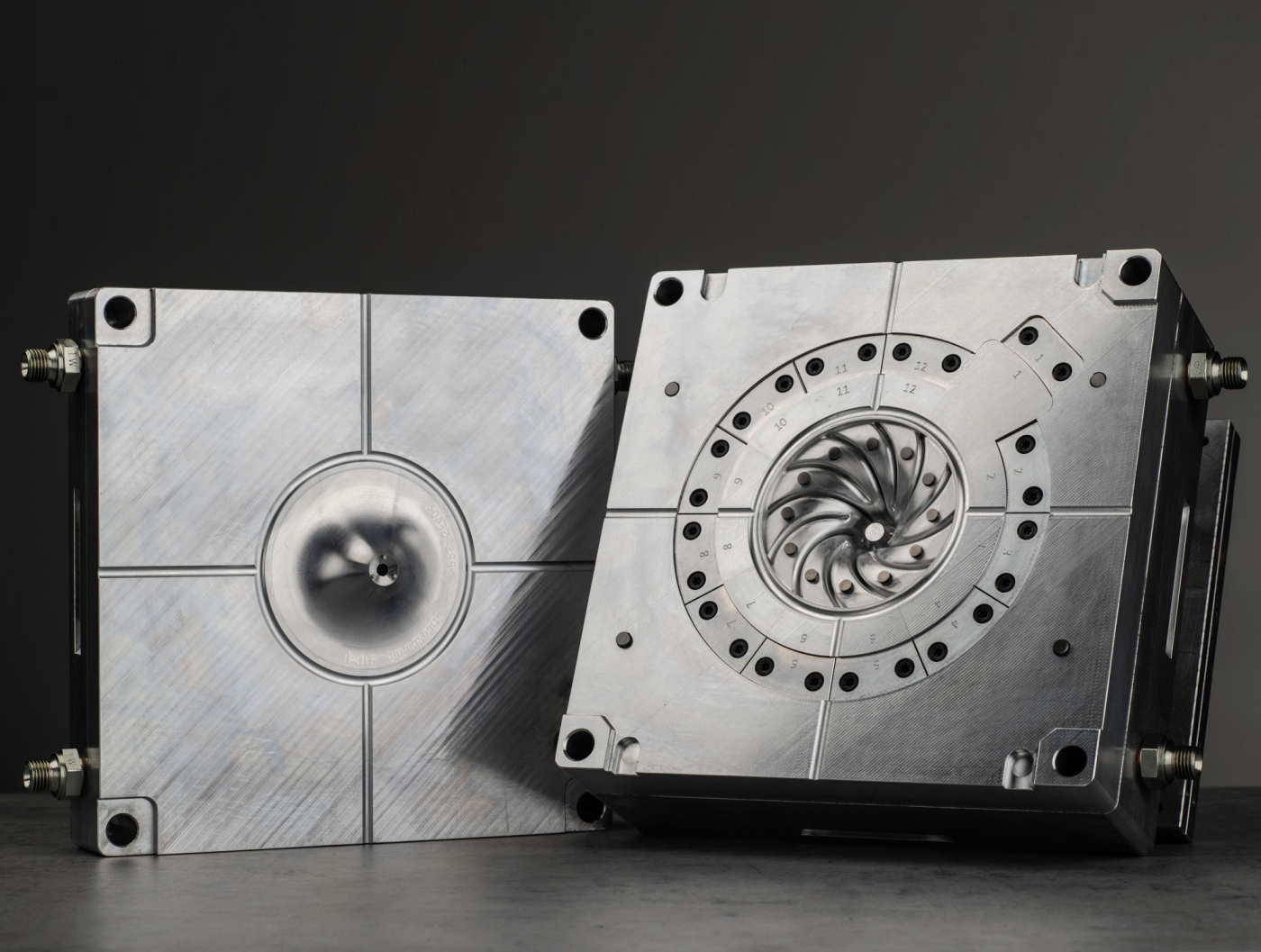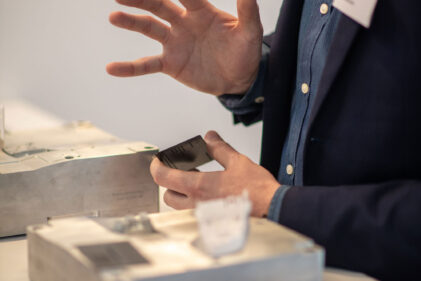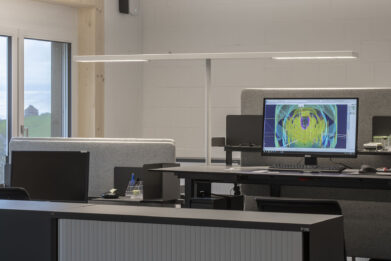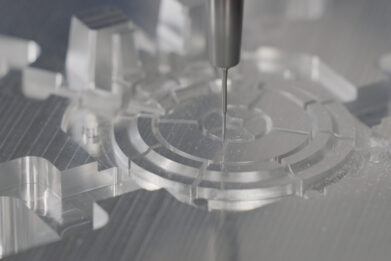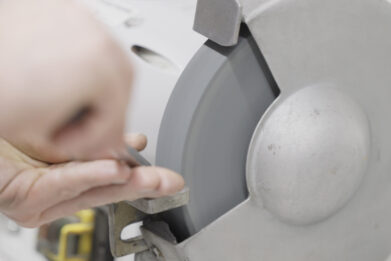AHEAD IN ALL PARTS - For us much more than just marketing.
Specialising in rapid tooling, mould2part offers services that span the production of high-end injection moulded prototypes from production-grade material and the small-batch manufacturing of injection moulded parts from thermoplastics and liquid silicone, including components made through metal injection moulding (MIM) and ceramic injection moulding (CIM).
Being AHEAD IN ALL PARTS stands for our ability to tirelessly fine-tune our rapid tools until each part is flawless, thus eliminating these steps in the serial production tool. This not only curtails costs, but also spares valuable time.
Everything within reach: from a single source and made in Switzerland. We provide a comprehensive suite of services that extends across the entire process continuum, from consultation through to the actual production. This allows you to capitalise on our expert knowledge and experience throughout the complete journey.

Fine-tuning of dimensions and designs can be repeatedly conducted until each piece aligns perfectly with the anticipated requirements, thus ensuring flawless functionality. Such an approach ensures that modifications to the steel serial production tool, which can be both costly and time-consuming, are reduced to an abuolute minimum.
In addition, our Rapid ToolingPlus process allows us to provide you, depending on the complexity of a piece, with up to 200.000 items of production-grade quality at reduced tooling costs.
We have the capacity to process all types of thermoplastics, LSR silicones, as well as MIM and CIM materials.
Compared to conventional rapid prototyping techniques such as SLA, SLS, LOM, etc., prototype parts produced through rapid tooling are made from material to be eventually used in serial production. This type of manufacturing closely mirrors that of series production here, as does the quality of the part too. Both visually and technically.
Plastic parts produced in this manner can undergo testing under authentic operational conditions and the findings can be wholly transposed to subsequent series components.
Manufacturing Process
Essentially, we offer four different injection moulding services - thermoplastic, LSR silicones, MIM and CIM.
Our thermoplastic and LSR injection moulding methodologies also facilitate the creation of multi-component parts, i.e. hard/soft, hard/hard or soft/soft combinations involving two or three different materials. In addition, all kinds of contacts, bushings, wires, hoses and other types of free issue parts can be over-moulded.
Thermoplastic Injection Moulding
Thermoplastics are polymers that can be plastically reshaped within a specified temperature range. This deformation is reversible.
The base material is supplied as granulate, which is then dried and, depending on the requirements, endowed with various additives like dyes or flame retardants. Within the injection segment of the moulding machine, the plastic is liquified under intense heat and pressure, and subsequently injected into a mould. Following a certain cooling period, the part can be ejected from the mould.
LSR Silicone Injection Moulding
LSR silicone rubbers are liquid silicones that always consist of two components. During the injection process, these two components are uniformly blended within the chilled injection segment, accompanied by a colour paste tailored to customer stipulations. The viscosity of the mixture is roughly akin to that of water. To prevent undue over-moulding, moulds must therefore be fabricated with very tight tolerances. Since this "tightness" impedes the expulsion of air from the cavity, a vacuum is drawn following the sealing of the mould halves.
The moulds are heated to roughly 200°C, resulting in relatively rapid cross-linking of the silicone. Once altered-linked, the shape of the parts can no longer be changed.
MIM/CIM Injection Moulding
In Metal Injection Moulding (MIM) and Ceramic Injection Moulding (CIM), metal or ceramic powder is blended with a binder and then injected into a mould in an injection moulding process analogous to that applied to thermoplastics. However, the parts are not deemed complete following the injection process. In a downstream process, the preforms are chemically and thermally de-bonded and thereafter sintered.

Transport Service
We offer a transport service for materials, plastics, etc. for all our EU-clients.




